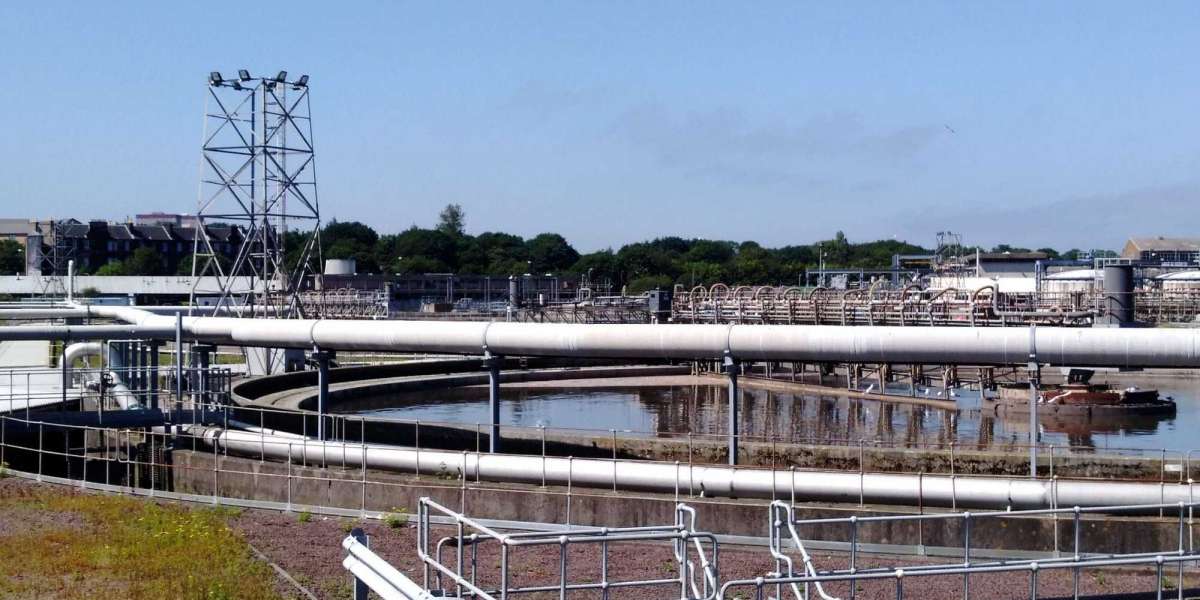This article explores the development, benefits, and potential of fully human monoclonal antibodies, drawing on insights from leading biotechnology firms like Nona Biopharma.
What Are Fully Human Monoclonal Antibodies?
Fully human monoclonal antibodies are produced using recombinant DNA technology without the introduction of non-human genetic elements. Unlike earlier antibody therapies that often used mouse-derived components, these antibodies are entirely derived from human genes, which reduces the risk of immunogenicity—where the patient's immune system attacks the therapeutic antibody as a foreign invader.
Advantages of Fully Human Monoclonal Antibodies
Reduced Immunogenicity: The primary advantage of fully human monoclonal antibodies is their minimal immunogenicity. Because they are entirely derived from human gene sequences, they are less likely to be recognized as foreign by the patient's immune system, thereby reducing the likelihood of adverse reactions and increasing the treatment's overall tolerability.
Enhanced Efficacy: With a structure that is identical to natural human antibodies, fully human monoclonal antibodies can achieve superior binding affinity and specificity to target antigens. This precise targeting allows for more effective disease interception and treatment, potentially leading to better clinical outcomes.
Broader Therapeutic Potential: The reduced risk of immune responses expands the potential for repeated administration, which is often necessary in chronic conditions. This characteristic is crucial for managing long-term diseases, providing sustained therapy with fewer complications.
Technological Advances in Development
Developing fully human monoclonal antibodies involves sophisticated technologies like phage display libraries or transgenic mice engineered to produce human antibodies. Companies like Nona Biopharma leverage these advanced techniques to create libraries of human antibody genes that can be screened for desired properties against specific antigens. These technologies not only speed up the discovery phase but also improve the chances of finding highly effective antibodies.
Applications in Medicine
Fully human monoclonal antibodies are used in a variety of medical applications, particularly in treating conditions where the immune system's modulation is beneficial. For example, in oncology, antibodies such as pembrolizumab and nivolumab have revolutionized the treatment of certain types of cancer by blocking proteins that inhibit the immune response against tumor cells. In autoimmune diseases, drugs like adalimumab and ustekinumab help modulate the immune system to prevent it from attacking the body's own tissues.
Challenges and Future Directions
Despite their advantages, the development of fully human monoclonal antibodies faces challenges, particularly in terms of high production costs and the need for extensive clinical validation to ensure safety and efficacy. However, ongoing research and technological advancements continue to address these challenges, improving the scalability and cost-effectiveness of these therapies.
Looking ahead, the future of fully human monoclonal antibodies is promising, with ongoing research aimed at enhancing their therapeutic properties and expanding their use across a broader range of diseases. As these therapies continue to evolve, they hold the potential to offer more personalized and effective treatment options, significantly impacting patient care and outcomes.








